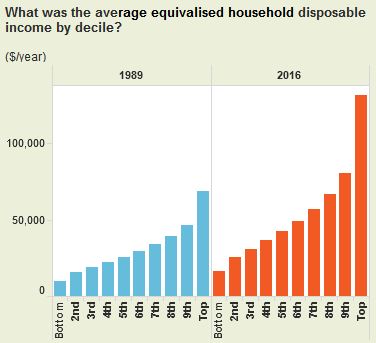Developers can still get rich, politicians can still get payoffs, megaprojects can still be funded, but it needs to be in the context of strengthening defenses against environmental change, not weakening them — because once they get too weak, no one is going to be making money anymore.
In a time of environemntal change, limiting loss will be just as important as promoting growth.
— Cleo Paskal, Global Warring, Palgrave Macmillan, 2010, p 245.
Caroline Ash, Elizabeth Culotta, Julia Fahrenkamp-Uppenbrink, David Malakoff, Jesse Smith, Andrew Sugden and Sacha Vignieri:
Anthropogenic climate change is now a part of our reality.
Even the most optimistic estimates of the effects of contemporary fossil fuel use suggest that mean global temperature will rise by a minimum of 2°C before the end of this century and that CO2 emissions will affect climate for tens of thousands of years. …
[Terrestrial ecosystems] will face rates of change unprecedented in the past 65 million years.
(Science, Vol 314, AAAS, 2 August 2013, p 473)
IPCC AR5 Working Group I:
The globally averaged combined land and ocean surface temperature data as calculated by a linear trend, show a warming of 0.85 [0.65 to 1.06] °C [3], over the period 1880–2012, when multiple independently produced datasets exist.
(Climate Change 2013: The Physical Science Basis — Summary for Policymakers, 27 September 2013, p 4)
Alan Austin:
In [the fourth biennual] Global Green Economy Index released yesterday [by Dual Citizen, Australia fell 27 places to] 37th out of 60 countries on clean energy performance [and ranked] last on global leadership.
(Abbott takes Australia to last place on global climate change leadership, Independent Australia, 21 October 2014, emphasis added)
Robert Nicholls & Jason Lowe:
[The] loss of the Greenland Ice Sheet and the collapse of the West Antarctic Ice Shelf could raise global-mean sea levels by up to 10 m or more over the next 1,000 years.
(Climate Stabilisation and Impacts of Sea-Level Rise, Avoiding Dangerous Climate Change, Hans Schellnhuber, Editor in Chief, Cambridge University Press, 2006, p 202)
Stairway to Heaven — Escalator to Hell

(Skeptical Science)
World Bank: Rising Global Mean Temperature

[Observational data corrected for sources of short-term variability (El Nino/Southern Oscillation, volcanic aerosols and solar variability) reveals the underlying trend.]
(Foster & Rahmstorf, Global temperature evolution 1979–2010, Environmental Research Letters, 6(4), 2011)
(Boden, T A , G Marland, and R J Andres, Global, Regional, and National Fossil-Fuel CO2 Emissions, Carbon Dioxide Information Analysis Center, Oak Ridge National Laboratory, US Department of Energy, 2017)








